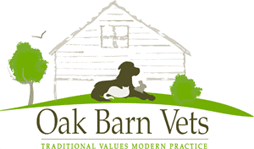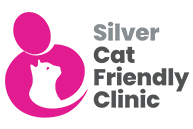Time has been going by so fast recently; we cannot believe that Christmas is already upon us! During this busy time here are a few tips to help keep your pets safe and sound over the festive period.
Toxic Food The one thing we all love about Christmas is the food! However remember that not all the food that we eat is safe for our pets at this time of year.
- Cocoa and chocolate products. This contains a substance called theobromine, which is toxic to both cats and dogs. The severity of toxicity depends on the quality and type of chocolate. Clinical signs are usually seen in the first 24 hours. This includes: tremors, convulsions, heart disturbances, drinking more and increased excitability.
- Grapes, raisins, currants or sultanas in it. These can all potentially lead to kidney failure, particularly in dogs. There seems to be some variation in the way animals respond to these toxins but it is important to always be on the safe side and let us know if you think your pets has eaten any.
- Xylitol; this is a sugar-free sweetener that is found in an extraordinary amount of substances ranging from sweets, chewing gum to oral rinses and toothpaste. This has been known to be extremely toxic to dogs; it causes a severe drop in glucose levels. This can lead to episodes such as fainting and convulsions so it is important to seek veterinary help straight away if your pet gets their paws on these products!
- Onions, garlic, leeks, shallots, chive and sage. These can all have harmful effects and we must always be cautious about our leftovers.
Toxic Plants We all love to decorate our homes and the plants listed are of low toxicity and cause usually mild digestive problems. These include: poinsettia, holly, mistletoe, Christmas tree (pine needles), cyclamen and ivy.
Please be especially careful with lilies and your cats. The plants and especially the pollen are incredibly toxic and can be fatal to our feline friends.
We also see our pets getting into difficulties with decorations, tinsel, batteries, candles, silica gel and ornaments and electric lighting over the Christmas period!
As I am sure you are all aware, this list is by no means extensive but any queries or concerns, just let us know and we will be able to advise you accordingly.
In general, the sooner you let us know about anything your pet has eaten we can advise you and ultimately the better the prognosis.
From the team here at Oak Barn Vets, we wish everyone a truly Merry Christmas and let us hope that our pets do not get up to any mischief or Father Christmas may not come!




